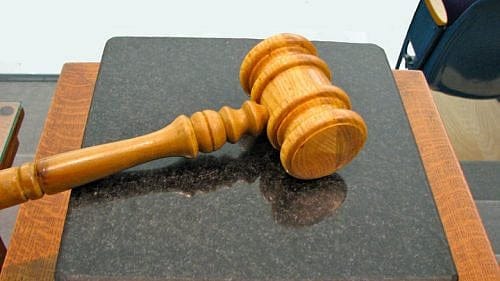What to look for in a judge

With the Massachusetts Supreme Judicial Court facing several pending vacancies and more on the horizon, and with the late Justice Antonin Scalia's United States Supreme Court seat vacant and already creating a showdown between President Obama and the Senate, the topic of who should fill judicial vacancies, particularly on courts of last resort, will be hot for months to come.
It is easy to see nomination battles in partisan terms – with "liberal" nominees championing liberal causes like same-sex marriage or abortion rights and "conservative" nominees pushing law and order and "slowing social progress."

